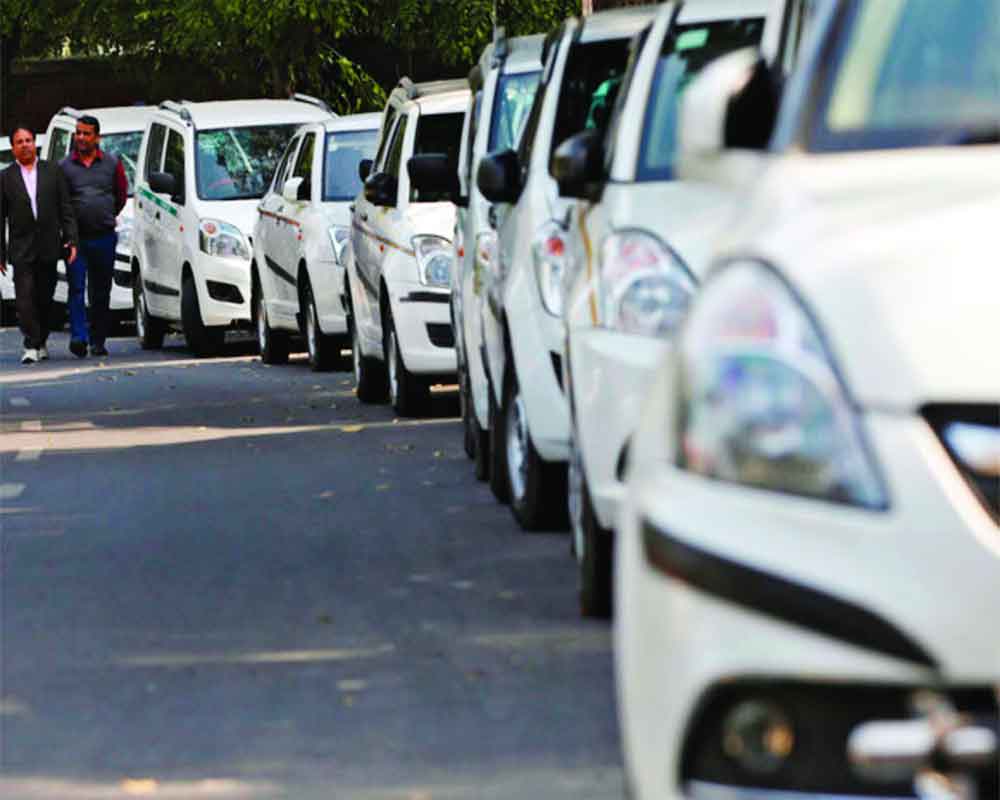The automobile has shaped human thought for over a century as the most potent symbol of mobility and one of our enduring signs of personal freedom. But is that image changing in modern times?
Sometimes, not having to write about ‘a’ car allows me the freedom to write on cars because I love the concept of cars, yet I do not know whether this is a love affair that can, or will, last forever in its current form.
In the pantheon of inventions that has changed the world, the internal combustion engine is up there alongside the internet and the printing press. It was an invention that destroyed the tyranny of distance more than any other. Sure, the steam engine did make travel faster but the limitation of steel wheels was evident from the very start and there was that one little thing that unless one owned their own railroad, private ownership of a train was quite out of the question. The car, therefore, was not just a symbol of mobility but of personal one too. A car was never beholden to timetables or the thing that you could go anywhere the road took you. It was and remains a sign of independence. For me, becoming independent of my parents was not the day I turned 18 or when I started college, but the day I put the money down on my first car, incidentally a Maruti Alto when I was 22.
Many people will share this sentiment of mine. While in India, we might even add the motorcycle and scooter to the conversation, the point remains that it is the day that you get your own internal combustion engine to move around, whether it is on two wheels or four, is the day you truly grow up. And yes, many of us might have driven our parents’ cars and bikes, but it is something else when you own your own vehicle, when you pay for the car downright or the monthly instalments. Therefore, the car is a metaphor for freedom, for mobility and if it is that way for men, it is an even more powerful metaphor for women because at a very essential level, a car or a bike for women I believe, is at a level freedom from the tyranny of the patriarchy. Of course, I really do not mean to speak for them, but I genuinely believe more women should drive and ride in India.
Yet, we live in an era when cars are increasingly being seen as a burden. To the environment, as cars not only use critical resources that cost resources to produce but use up petroleum products that, as we all know, pollute the environment. At the same time, cars are a drain on budget-strapped governments, across the world, who are spending huge amounts of resources to maintain roadways that are primarily used by cars particularly in urban areas. The money can and I believe should be deployed on strengthening public transport. Cars are after all fairly inefficient, or rather they are an inefficient allocation of resources, most cars are used by just one person, and on this front do not count the chauffeur if you use one.
Then there is parking. After years of poor urban planning, this is an increasing challenge in cities like Delhi, Mumbai and Bengaluru to name a few in India alone and it is also an issue elsewhere. The next generations of potential car buyers across the world, albeit less so in India, are seriously debating the pros and cons of car ownership.
The automotive industry is addressing some of their own pitfalls, lower emission vehicles are a fact of life today, and from April 1 when India moves to BS6 fuel norms, this country will have some of the strictest emission norms for new vehicles in the country.
However, state governments across the country have to remove the perfidy of poorly-maintained and illegal motorised vehicles that pollute. One could even argue that poor traffic management across India leads to avoidable pollution. But at the same time, state governments and the Centre will have to do their utmost to improve public transportation, and on that front the large metro projects across the country and the ambitious Regional Railways project in the NCR should help remove millions of vehicles off the streets. City governments should also look at implementing congestion charges and Ola and Uber (and other services) should help as well. There needs to be allowance made for more ride-sharing and carpooling as well, which will allow for better utilisation of cars, just two people instead of one will make a huge difference if car owners are allowed to monetise their seats while commuting.
But the issue is not that. The issue is that the metaphors that cars have always signified are changing. From freedom and mobility, we now talk of cars as polluting and a waste of resources and that is not good for the industry in the long term. But, the industry should also realise that it is in their best interests to support some of the changes, lower emissions and even the development of public transport links. I do not believe that cars are bad, but they are certainly not what they used to be and if the industry is not careful, cars might end up going from being the hero to becoming a zero.

























